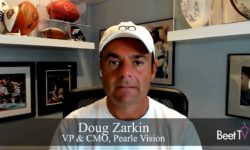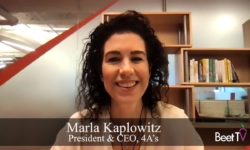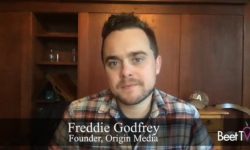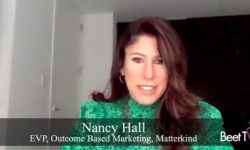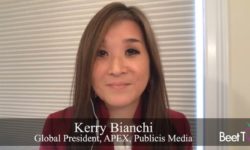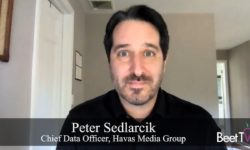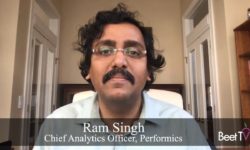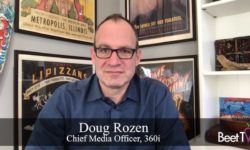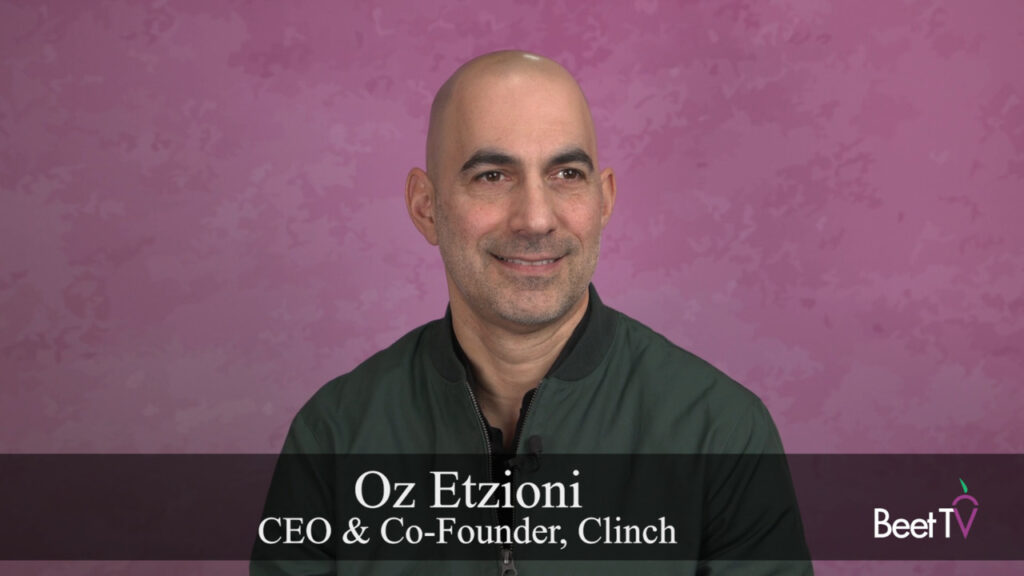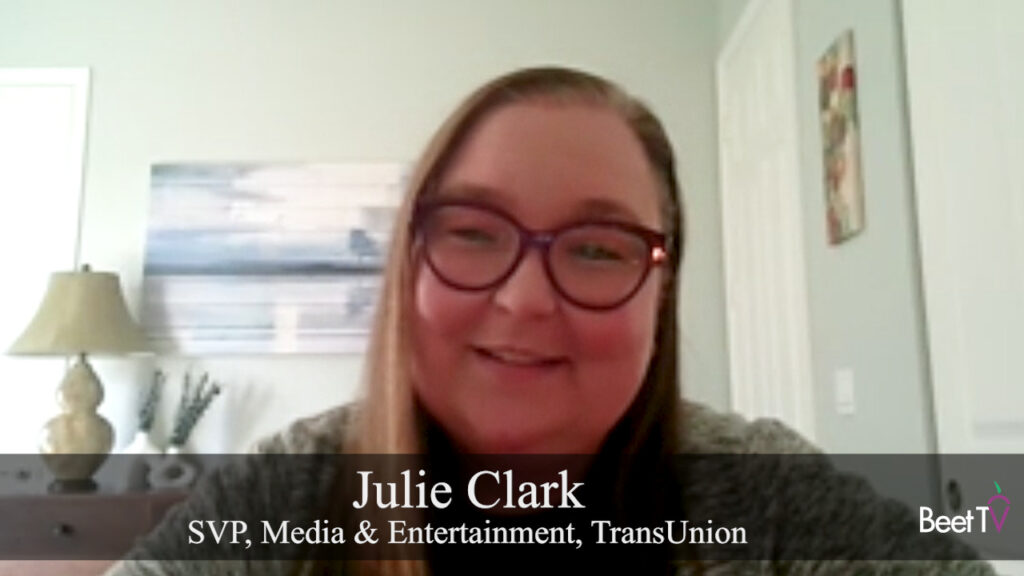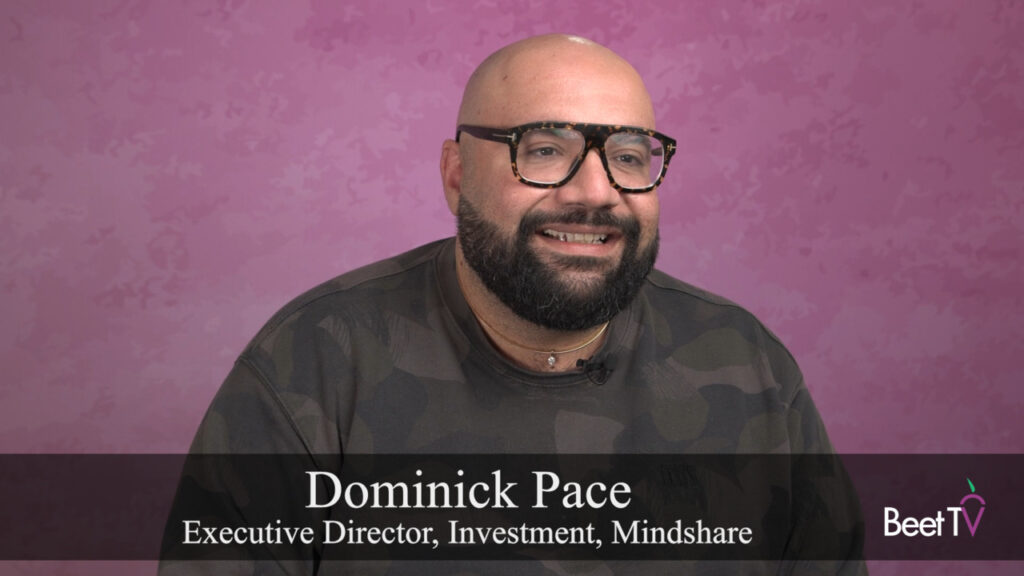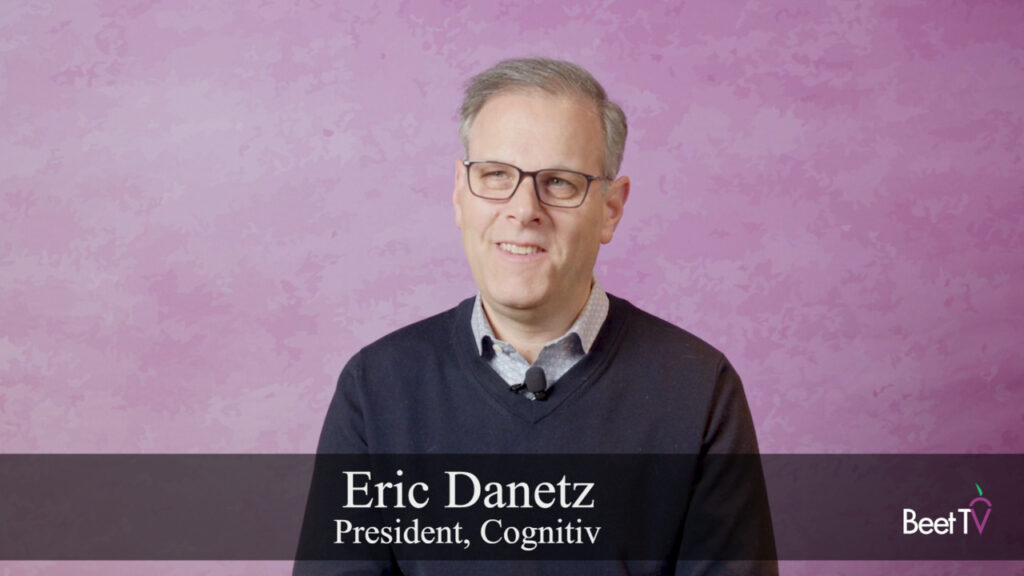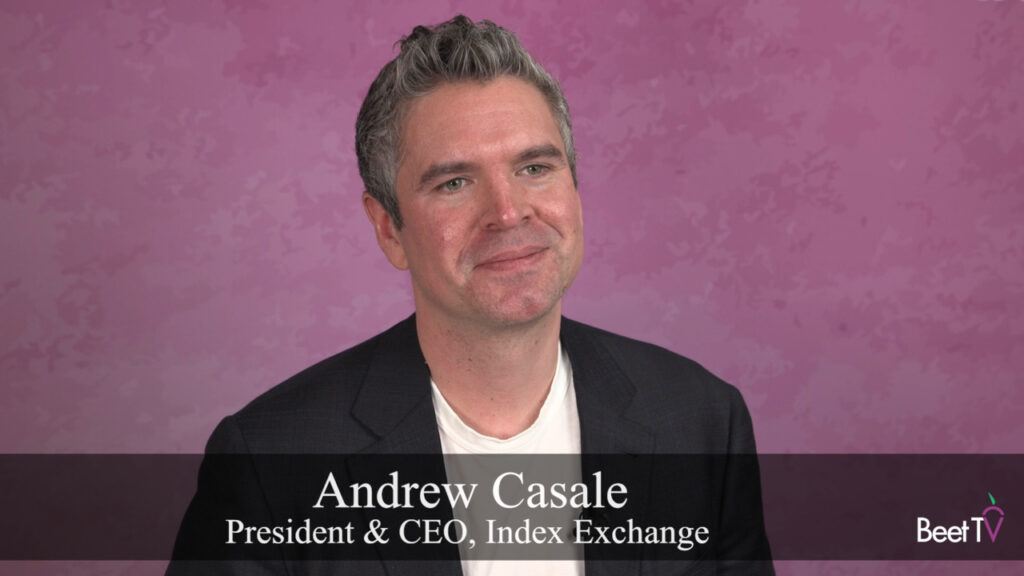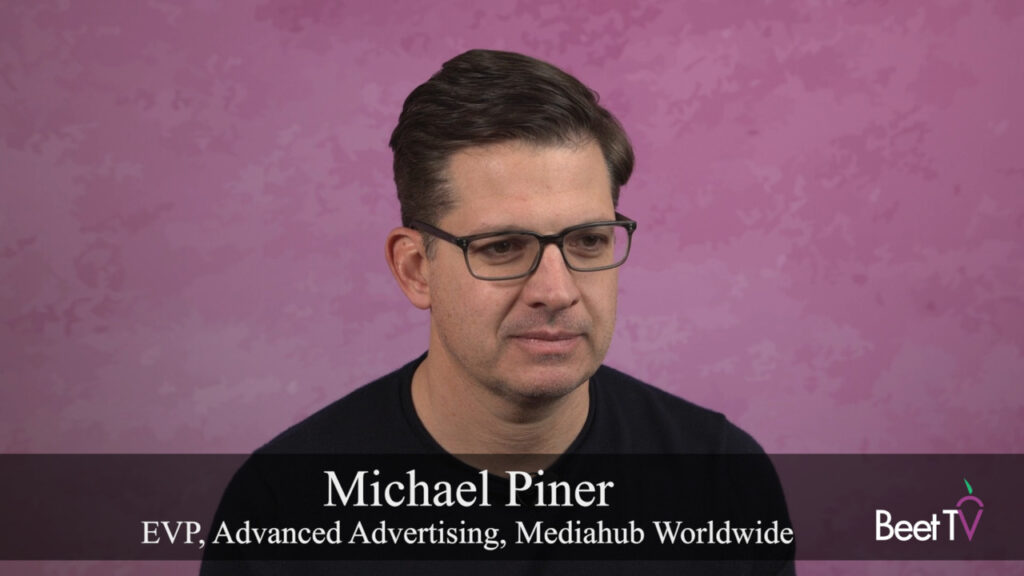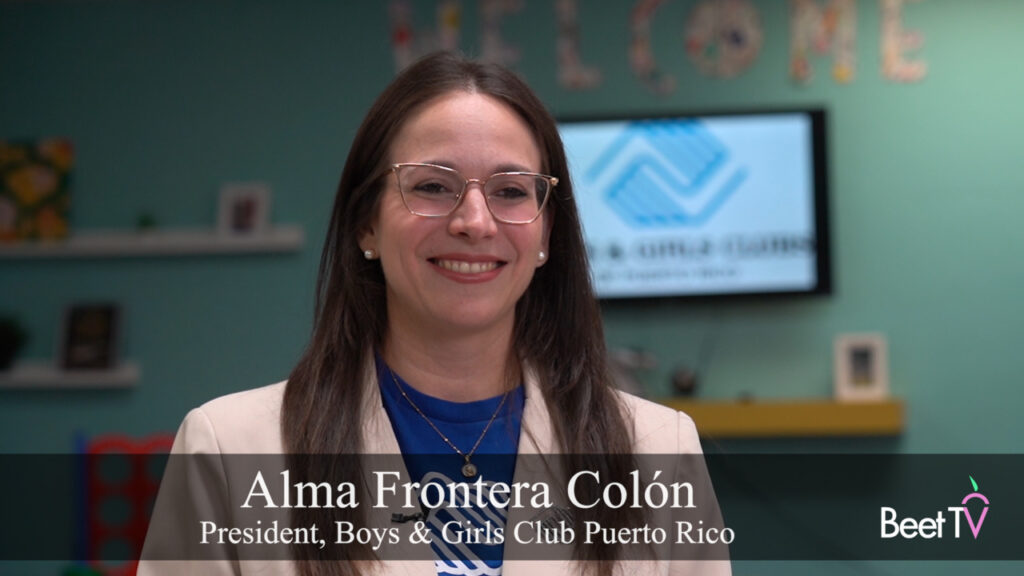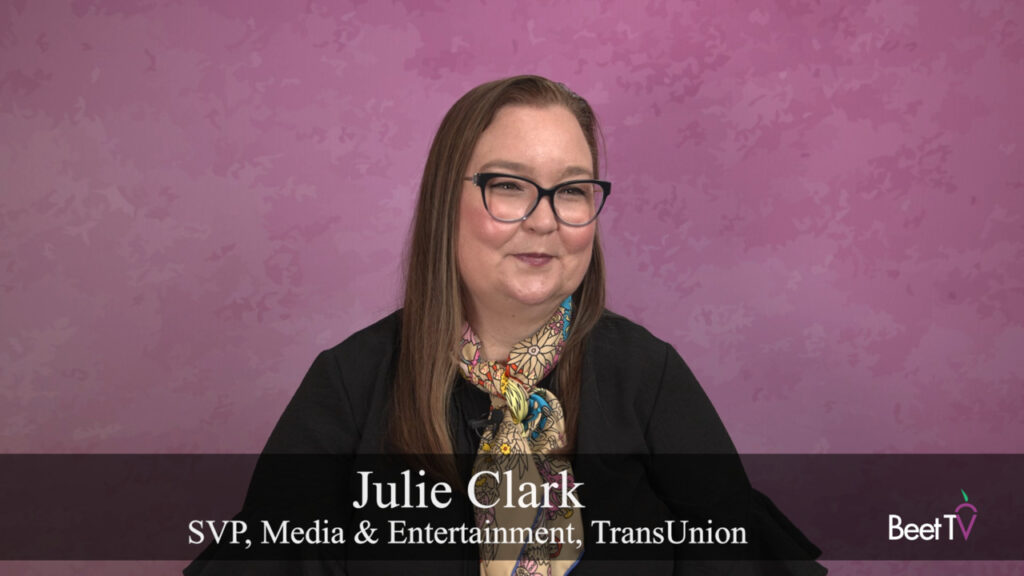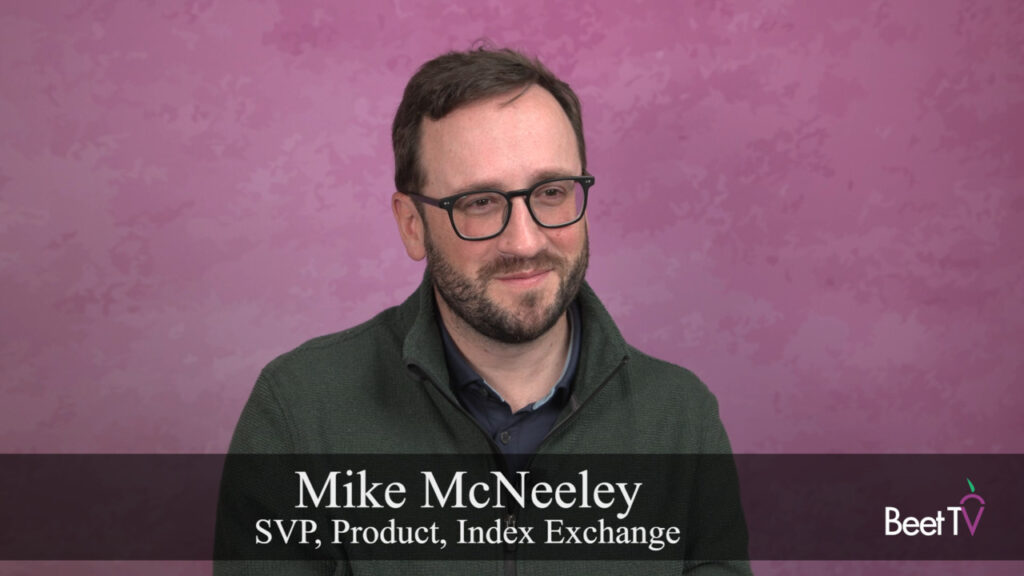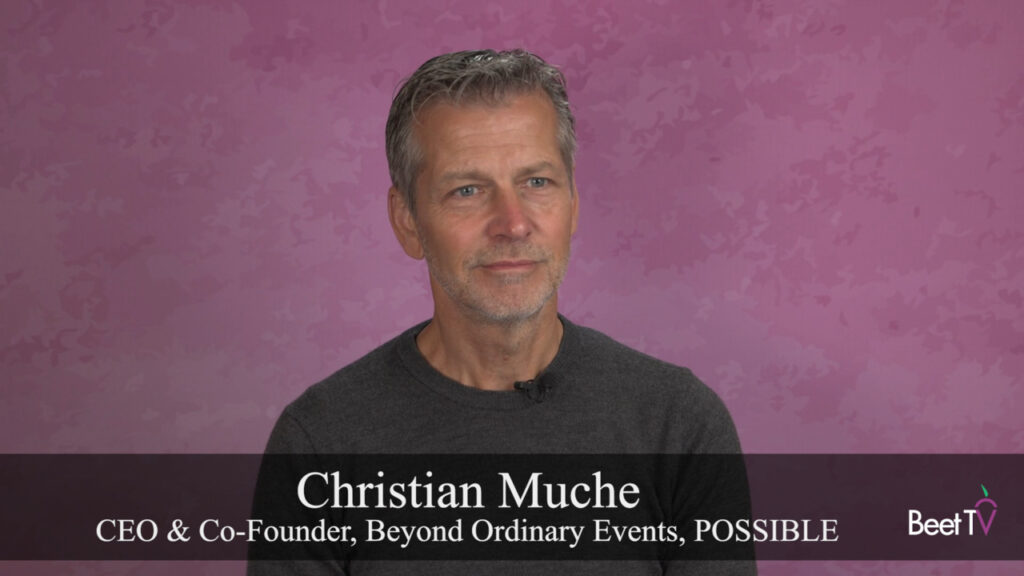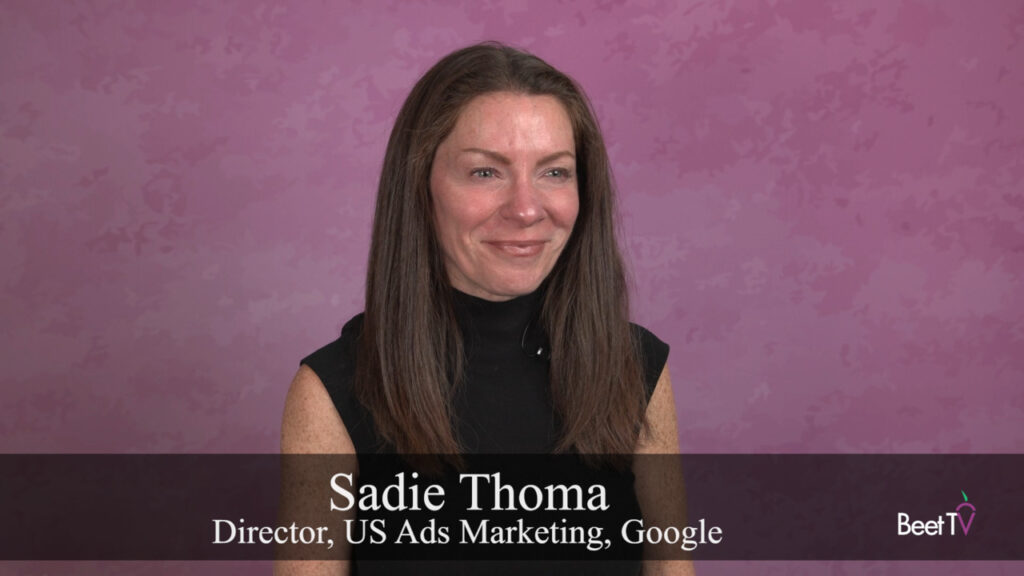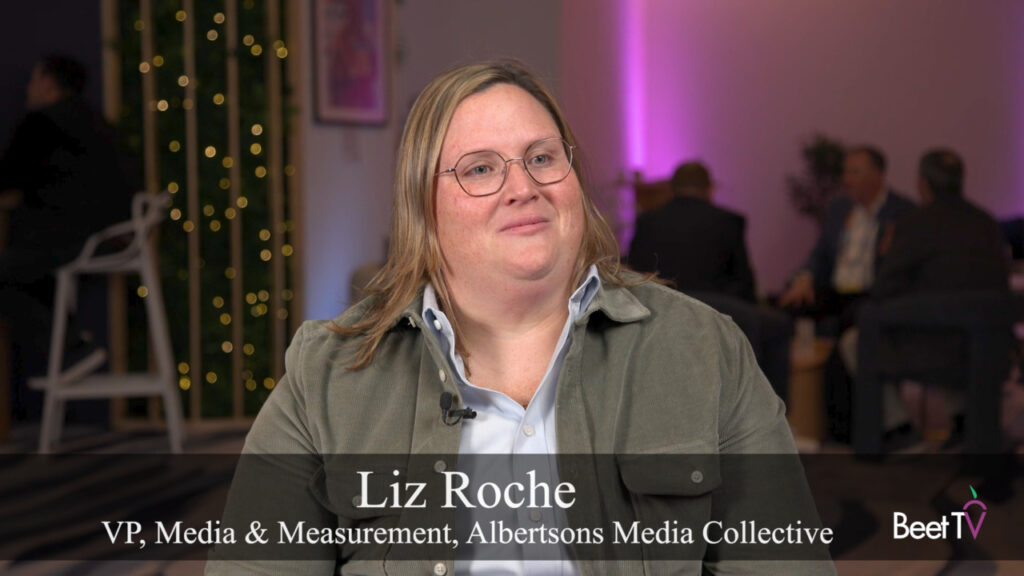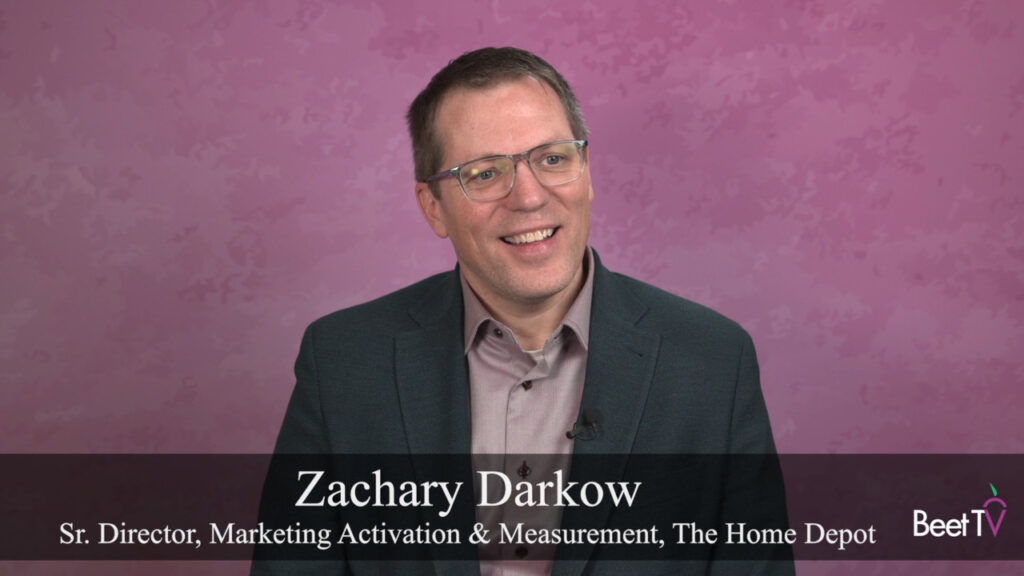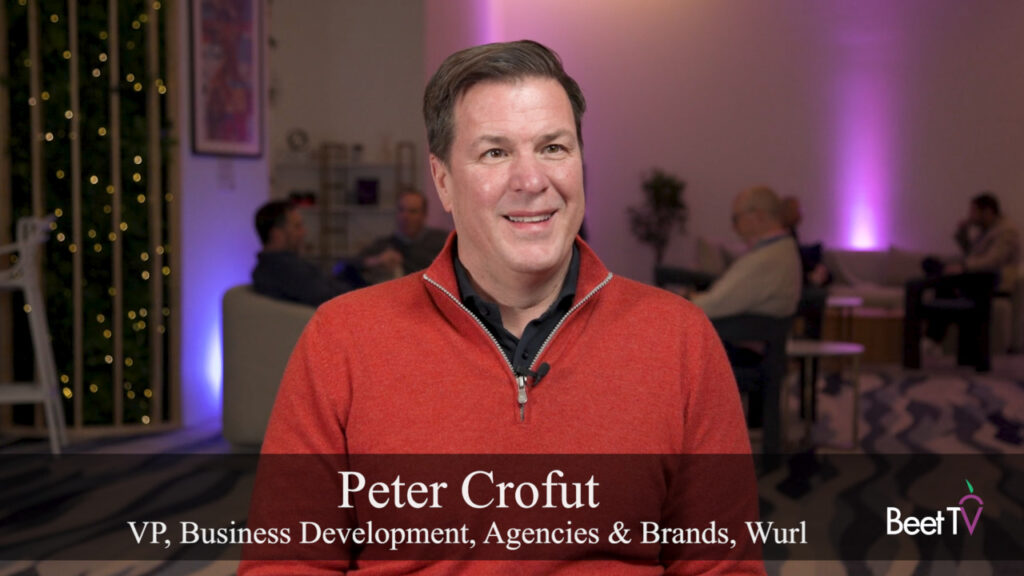Even when you have one of the most sophisticated data engines in marketing, the COVID-19 means you still have to plan for uncertainty.
That is the life of Nick Graham, VP, Insights & Analytics at PepsiCo.
In this video interview with Beet.TV, Graham says the beverage company has game-planned several different consumer-economy scenarios as far ahead as 2023 – but advanced consumer analytics may help the organization get scientific about sustaining business.
Graham says PepsiCo has built two big data engines:
- A “foresights” system to spot patterns in large quantities of consumer and advertising data.
- Canvas, a suite for combining digital and performance marketing data.
Foresights: Predicting Pepsi’s future
Graham describes some of the things the foresights engine can do:
- Listening: “Brings together all of the hundreds of thousands of millions of social conversations that are going on.”
- Meaning: “(Topics include) what ingredients people look for, what benefits people are looking for in food and beverage.”
- Sales: “It brings together e-comm search data, sales data particularly from some of the more emergent retail channels.”
- Predictions: “It mashes all of that together to predict what are all of those things that consumers are looking for today and in future, and helps us really fuel our innovation pipeline to meet the needs of tomorrow.”
“What’s so powerful about a lot of that observational data is … you don’t even know to ask some of those questions,” Graham says. “It allows you to see beyond the obvious to find some of those hidden patterns.
“We’ve found ingredients and connections between ingredients and categories that you wouldn’t know to look for.”
Proud of @PureLeaf @bublywater @Tropicana & @Gatorade teams for winning 3 Gold, 3 Silver and 1 Bronze at @the_ARF David Ogilvy Awards. Congrats to @CCGlobalFounda_ and @GSP for winning the Grand Ogilvy Prize for their moving Not A Gun campaign #ARFOgilvys https://t.co/hggAyDU67j
— Nick Graham (@nickpgraham) October 9, 2020
Canvas: Connecting marketing data
PepsiCo isn’t just listening to consumers, it is acting on what it hears. Its Canvas tool brings together its performance marketing data, with features like:
- Lookalikes: “Through proxy data, we can target lookalike people. We can find people who look like those people who shop in a certain way, who buy in a certain way and reach those people directly.”
- White space: Graham can use the data to find buyers of products in adjacent categories – for example, buyers of diet soft drinks or juices, to reach with ads about sparkling water.
- A/B testing: “Putting multiple different iterations of content out into the marketplace and then we can see in real-time what’s performing well in the proxy metrics.”
“Particularly for some of our online partners like Amazon, you can then see a full cycle through into then what drives search, what drives choice,” Graham adds. “So that’s massively advanced our ability to understand how to connect with consumers and shoppers I’d say, across the marketing cycle.”
This #SmallBusinessSaturday, remember your local restaurants. We’re proud to be a sponsor of @NRAEF’s #ChangeIsOnTheMenu program, to help restaurant workers on their road to recovery. If you would like to join us, learn more here: https://t.co/7lHysd9XjE pic.twitter.com/m6CwzyS6GR
— PepsiCo (@PepsiCo) November 28, 2020
Drinking to an uncertain future
Many in the industry say the shifting consumer behaviors of 2020, driving an uptcik in ecommerce sales, have swelled the consumer data reserves that retailers and brands can rely on.
But PepsiCo’s Graham nevertheless thinks the foreseeable future is about managing uncertainty.
“Even looking forward to 2022 and 2023, we’re having to game plan lots of different potential scenarios based on where we are with COVID, where we are with the economy, how consumers are feeling,” he says.
“(There is) a big increase of people are looking for stress relief in all this different forms, looking for nutrition and a way to create preventative health like that protection zone around yourself.
“(There is an) acceleration in consumers and shoppers wanting to give back, wanting to help communities and wanting brands and companies to help communities as well given everything that’s happened in 2020.”
Healthy soil is crucial to a sustainable food system. It can help capture carbon + mitigate climate change, purify + protect water, and reduce the need for fertilizers. Learn how we’re working with farmers to help protect + regenerate it #WorldSoilDay https://t.co/hV16AzRaUE pic.twitter.com/oIQTrW3y4Q
— PepsiCo (@PepsiCo) December 5, 2020
You are watching “Outcomes-Based Advertising: Connecting Ad Exposure to Business Results,” a Beet.TV leadership video series presented by LoopMe. For more videos, please visit this page.









